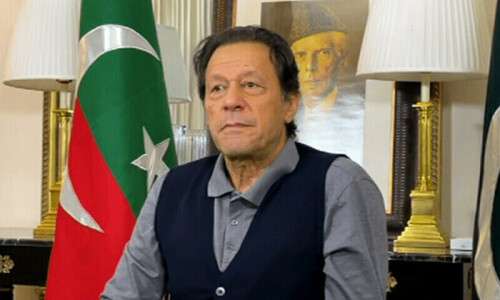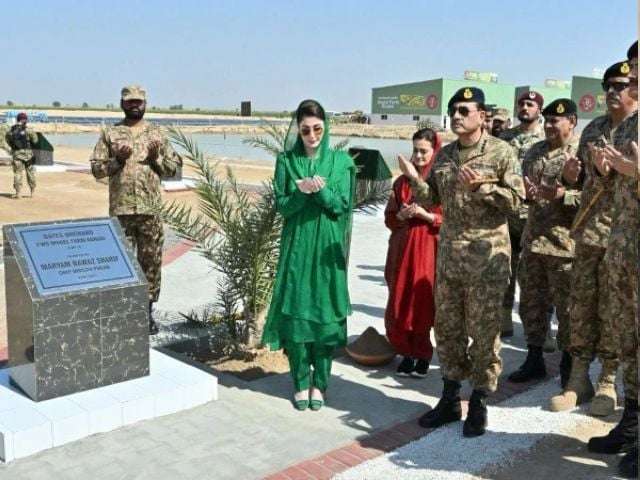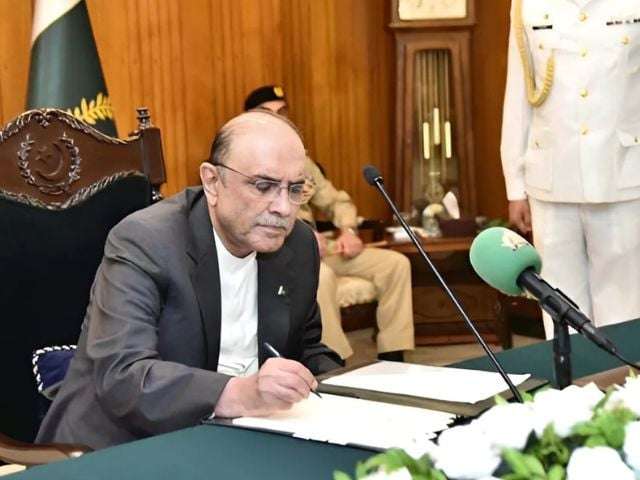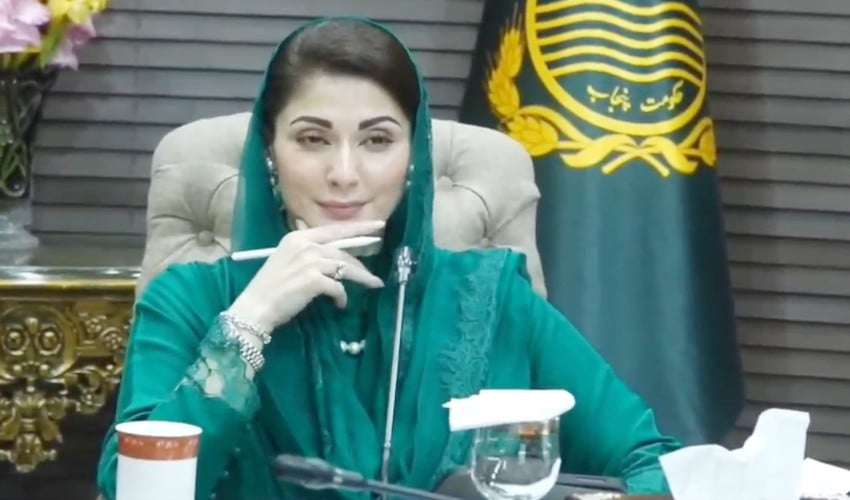Introduction
Imran Khan, the former Prime Minister of Pakistan, has been granted bail in the Toshakhana case involving the purchase of an expensive Bulgari jewelry set. However, his release from jail remains uncertain due to numerous other legal challenges. This article delves into the details of the Toshakhana case, the legal hurdles Khan faces, and the broader implications of his ongoing legal battles.
Toshakhana Case: An Overview
Background
The Toshakhana case centers around allegations that Imran Khan retained state gifts, including a Bulgari jewelry set, by undervaluing them in violation of Toshakhana rules. The Federal Investigation Agency (FIA) claims that this undervaluation resulted in financial losses to the state while benefiting Khan and his wife, Bushra Bibi.
Legal Proceedings
On [date], the Islamabad High Court (IHC) granted Khan post-arrest bail against surety bonds worth Rs10 million. Justice Miangul Hassan Aurangzeb, who presided over the case, warned that any non-cooperation during trial proceedings could lead to the cancellation of the bail.
Defense Argument
Khan’s legal counsel refuted the allegations, arguing that the gifts were acquired under the 2018 Toshakhana policy, with payments made according to valuations by customs and appraisers. They claimed that the appraiser, Sohaib Abbasi, was coerced into altering his statement to implicate Khan. Additionally, the defense highlighted procedural flaws, including a delay of over three years in filing the case and vague charges under Section 109 of the Pakistan Penal Code (PPC).
Imran Khan’s Legal Challenges
Multiple FIRs
Despite the bail order in the Toshakhana case, Khan remains in Adiala Jail as he faces about two dozen FIRs across Lahore, Rawalpindi, and Islamabad. Sources indicate that he must secure bail in at least eight cases in Lahore related to the violent protests on May 9, 2023.
Terrorism Charges
Khan also faces three new cases registered in Rawalpindi under anti-terrorism laws, linked to PTI protests on September 28 and October 5. These cases were filed at the Naseerabad, New Town, and Taxila police stations. Hours after the IHC granted bail, the Rawalpindi police arrested him in connection with a new case registered at New Town Police Station on terrorism and other charges.
Legal Team’s Diligence
Khan has been granted bail in five earlier cases concerning the May 9 riots but has yet to submit the required bail bonds. This raises questions about his legal team’s diligence. In Islamabad alone, Khan faces 62 cases, requiring bail in at least 15 of them.
Case Filed in Rawalpindi
On the same day that Khan was granted bail in the Toshakhana case, the Rawalpindi police arrested him again on terrorism charges. A police spokesperson said Khan had been detained in a case filed on September 28. A team led by SSP investigations has been tasked with probing the matter.
Protests and Legal Repercussions
In the three FIRs regarding the protest, the police allege that Khan, while imprisoned in Adiala Jail, called for a protest at Liaquat Bagh. In response, KP Chief Minister Ali Amin Gandapur and his supporters declared their intention to participate, leading to violent demonstrations. Rawalpindi police have registered six cases across five police stations against PTI members, including lawmakers and local leaders. The charges include violations of the Anti-Terrorism Act, defying the government ban on public gatherings, obstructing police duty, damaging police vehicles, and endangering public safety.
£190m Case Hearing
Earlier, an accountability court held a hearing on the £190 million reference at Adiala Jail. Khan and Bushra Bibi have yet to submit responses to the questionnaires issued to them. The court granted Bushra Bibi’s request for an exemption from court appearance on medical grounds and adjourned the hearing until November 22.
Lahore High Court Ruling
Meanwhile, the Lahore High Court dismissed a plea by Imran Khan’s sister, Noreen Niazi, seeking bail for her brother in all cases against him in Punjab and Islamabad. An assistant attorney general presented a report stating that 62 cases had been registered against Khan by the Islamabad police. After reviewing the report, Justice Farooq Haider turned down the request, observing that bail petitions must be filed personally by the suspect.
Implications and Future Prospects
Political Impact
The ongoing legal battles have significant implications for Khan’s political career and the Pakistan Tehreek-e-Insaf (PTI) party. The multiple FIRs and terrorism charges have created a complex legal web that Khan must navigate to regain his freedom and continue his political activities.
Public Perception
The frequent arrests and legal challenges have polarized public opinion. Supporters view Khan as a victim of political persecution, while critics argue that he must be held accountable for his actions. The outcome of these legal proceedings will likely influence public perception and the political landscape in Pakistan.
Legal and Judicial Reforms
The high-profile nature of Khan’s cases has brought attention to the need for legal and judicial reforms in Pakistan. Issues such as the delay in filing cases, procedural flaws, and the use of anti-terrorism laws against political figures highlight the challenges within the legal system.
Conclusion
Imran Khan’s legal battles are far from over, despite being granted bail in the Toshakhana case. With numerous other cases pending and additional arrests, his release from jail remains uncertain. The broader implications of these legal challenges extend beyond Khan’s personal fate, influencing Pakistan’s political landscape and highlighting the need for judicial reforms.
FAQs
1. What is the Toshakhana case about?
The Toshakhana case involves allegations that Imran Khan retained state gifts, including a Bulgari jewelry set, by undervaluing them in violation of Toshakhana rules, resulting in financial losses to the state.
2. Why is Imran Khan still in jail despite being granted bail?
Imran Khan remains in jail because he faces about two dozen other cases across Lahore, Rawalpindi, and Islamabad. He must secure bail in these additional cases to be released.
3. What are the terrorism charges against Imran Khan?
Khan faces terrorism charges related to PTI protests on September 28 and October 5. The charges include violations of the Anti-Terrorism Act, defying the government ban on public gatherings, and endangering public safety.
4. How has the Lahore High Court ruled on Imran Khan’s bail?
The Lahore High Court dismissed a plea by Imran Khan’s sister, Noreen Niazi, seeking bail for her brother in all cases against him in Punjab and Islamabad. The court observed that bail petitions must be filed personally by the suspect.
5. What are the broader implications of Imran Khan’s legal battles?
Imran Khan’s legal battles have significant implications for his political career, public perception, and the need for legal and judicial reforms in Pakistan. The outcome of these cases will influence the political landscape and highlight challenges within the legal system.
ALSO READ:



